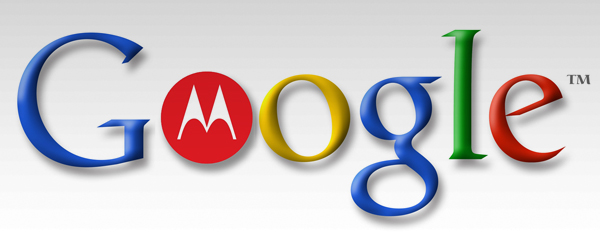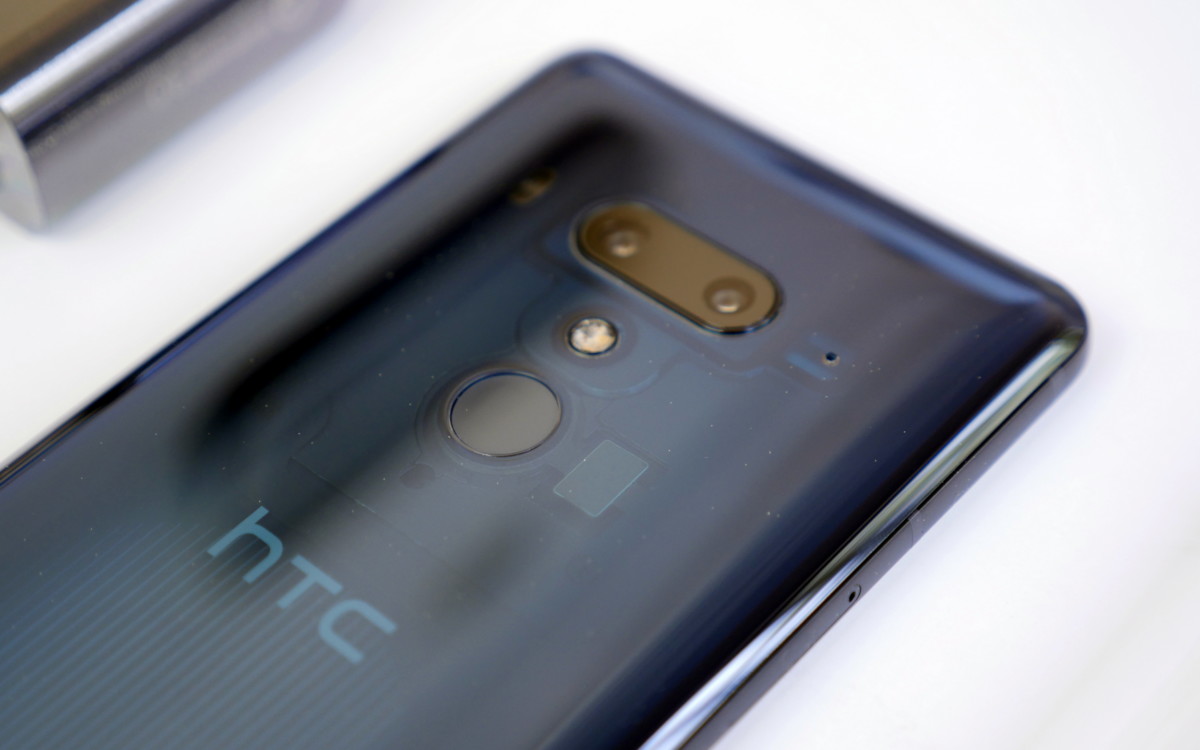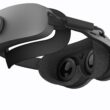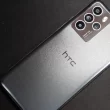As you might have read, Google announced yesterday that it would be purchasing Motorola Mobility, the division in charge of Motorola’s cell phones and tablets (among other things). The $12.5 billion purchase was wholly approved by both companies on Friday, August 12th.
Most people believe that this was a move solely for Motorola’s patent portfolio, which at the time includes 17,000 active patents, with 7,000 more pending. Some believe it’s simply Google trying to become more active on the hardware front, wanting to bring more first-class devices to the market.

I think it’s more of a combination. Surely the purchase will help Google defend Android against any future (and possibly current) legal battles, and I think that was the biggest factor in the decision. I also believe that having a strong hardware partner such as Motorola will definitely help Google bring Android to some very exciting new places (such as improved Google TV devices).
Whatever the reasons, Motorola will continue to function independently for now; Google will be running it as a separate company (which also means that locked bootloaders will remain for the time being). The best part of the merger is that Google will not be abandoning its strong partnerships with other manufacturers. In fact, many of the major manufacturers have released official statements supporting the acquisition.
Which brings us to the question at hand: How will this affect Motorola’s competition?
For now, there likely won’t be any major changes to the market. In the future, though, I think that it will bring nothing but good to the Android ecosystem. Motorola has already proven it can make a genuinely good handset (the Photon 4G has gotten some rave reviews), and if Google encourages Motorola to continue that level of work (or better), we may see Motorola become a solid competitor for HTC, and other manufacturers will have to improve their designs just to keep up with the two. I foresee killer phones from HTC, Motorola, Samsung, LG, and more, all loaded with Android, each bringing something new to the table, which I think will help Google to improve Android as time progresses.
It also means that OEMs licensing Android might be able to make new handsets without fear of legal repercussions. Google has stated in the past that it will defend Android manufacturers, and with a significantly larger patent portfolio to license out, Google will have the IP backing it needs to be able to do that.
In short, I think that the acquisition will not affect HTC or other companies negatively; instead it will allow them to produce phones that may truly expand the market (without the hassle of dealing with pesky lawsuits) and it will allow some truly innovative products to come forth.










